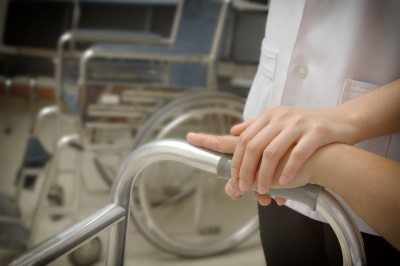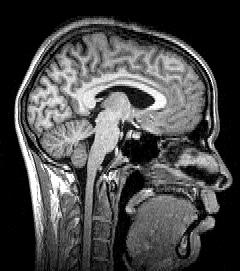Tips for Caregivers on Managing Bathroom Activities
When caring for someone with Alzheimer’s disease, managing bathroom activities can be difficult and uncomfortable. Lisa P. Gwyther, MSW, head of family support program at Duke University Medical Center, in Durham, N.C., “Even though the person with Alzheimer’s disease may not be able to take a bath or go to the toilet safely by themselves, …













